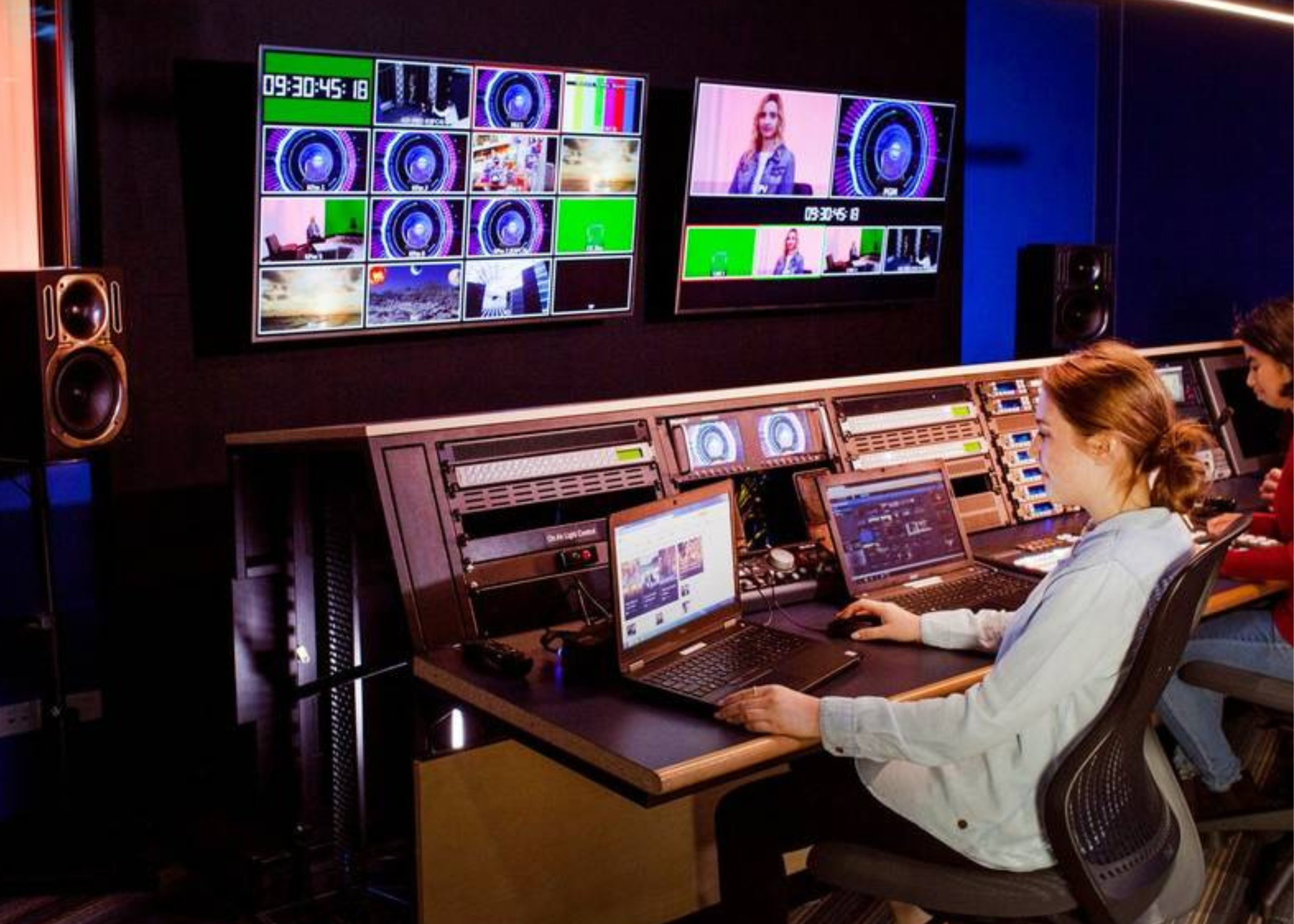Study with Us
Research
About Western
Community

Creative Industries
Degrees
A creative degree that gets down to business
Australia’s creative industries are a major driver of our economy, worth an estimated $30 billion and employing hundreds of thousands. If you’re thinking about a creative career, don’t let anyone tell you it isn’t a serious business.
Our Creative Industries degree is unique in NSW. It gives you the opportunity to combine your studies in Arts, Communication, Design and Music with subjects in Business and Law.
In an evolving employment market, this extra savvy is a distinct advantage. There are also great creative degrees in Communication, Design (Visual Communication), Music and Screen Media.We also offer a Graphic Design/Pathway to Teaching (Secondary) degree. It’s your pathway to a Master of Teaching (Secondary), and a career as an inspiring high school teacher.
Explore our degrees
Creative facilities
Our creative facilities are second to none. You’ll have a lots of opportunities to develop your skills in our 'Rabbit Hole' Design Studio and Mac labs, the purpose-built Photographic Studio (complete with styling and dressing rooms), the world-class TV Studio, fully fitted with multi-cameras, green screen, professional lighting and editing suite, or the incredible music recording studios, complete with multimedia and MIDI laboratories, and digital audio/video suites.
Industry partnerships
Working in the classroom and in the field with expert industry partners, you’ll get the kind of hands-on practical experience that employers love to see. Our graduates are working at Google, Universal Music Group, McCann Worldwide, the Australian Ballet, SBS, ABC, The Australian, The Daily Telegraph, The Sydney Morning Herald, Sky News, Discovery Channel, The Children’s Hospital at Westmead, Beyond, and Hill and Knowlton, just to name a few.


